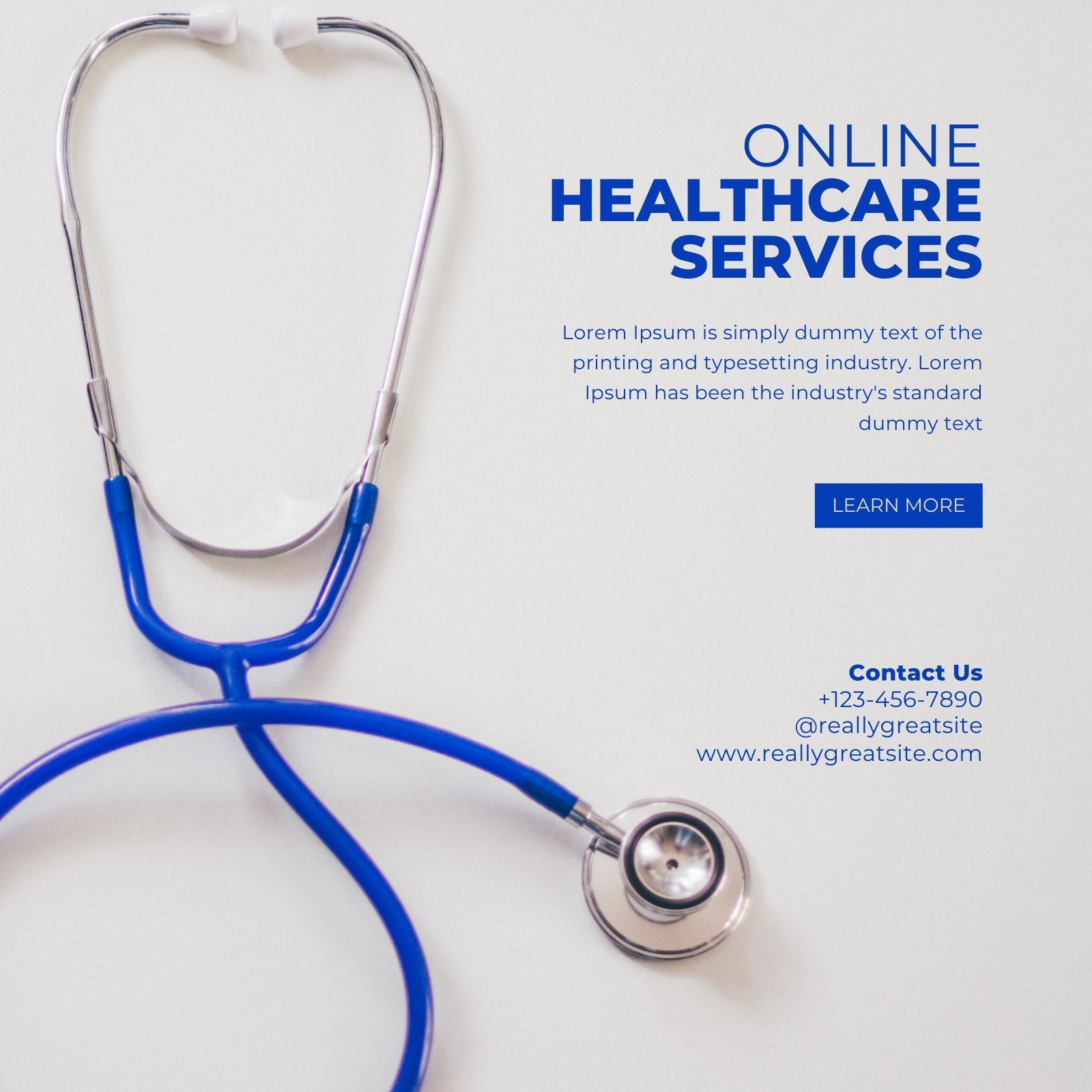Opening the Keys of Subscription Based Healthcare for Better Patient Outcomes
Opening the Keys of Subscription Based Healthcare for Better Patient Outcomes
Blog Article
The Increase of Subscription-Based Health Care and Its Influence On Client Treatment
As medical care evolves, the subscription-based model is getting traction, promising to revolutionize person treatment by supplying predictability and accessibility. These models, which bypass conventional insurance policy, can redefine the patient-doctor dynamic, emphasizing personalized and preventative treatment. Yet, similar to any development, they provide difficulties, especially concerning equitable access for all socioeconomic groups. The capacity for these designs to reshape healthcare delivery elevates pushing concerns about their long-term sustainability and inclusivity. Are these registration solutions the future of health care, or do they run the risk of leaving vulnerable populaces behind? The details of this shift warrant a closer examination.
Recognizing Membership Medical Care Designs
Grasping the idea of registration health care models includes checking out a transformative technique to clinical services that highlights affordability and availability. These models, usually referred to as straight primary care (DPC) or attendant medicine, have become cutting-edge choices to traditional fee-for-service health care systems. Registration healthcare enables people to pay a fixed regular monthly or annual charge for a specified set of medical services, which might consist of unlimited office brows through, routine check-ups, and fundamental laboratory examinations, without the demand for conventional insurance policy payment.
The structure of subscription health care designs is created to streamline patient care by eliminating third-party payers and intricate billing codes, thus minimizing management worries. Doctor can concentrate a lot more on person treatment, cultivating more powerful patient-provider partnerships. This design likewise promotes preventative care by encouraging regular gos to, as the financial obstacle of per-visit charges is removed.
The registration version often empowers health care service providers to take care of smaller sized individual panels, permitting more customized care. It straightens economic motivations with individual health and wellness results, as suppliers are inspired to maintain person contentment and health. On the whole, comprehending subscription healthcare versions needs recognizing their possible to reshape how treatment is provided and accessed.
Advantages for Companies and clients

For providers, subscription-based models supply the chance to strengthen patient-provider partnerships. With a stable earnings stream, healthcare professionals can dedicate more time to each client, resulting in a much more tailored and comprehensive care experience. This design also decreases reliance on high patient volumes, alleviating burnout and enhancing work satisfaction. Moreover, the focus on preventative treatment within registration strategies can cause much better client outcomes and reduced lasting medical care expenses. By concentrating on continual care, service providers can attend to issues before they intensify, ultimately profiting the health care system as a whole by reducing the worry on emergency and intense treatment services.
Concerns and obstacles
While subscription-based medical care designs existing various benefits, they also come with a set of challenges and concerns that have to be attended to. This raises ethical inquiries concerning fair access to healthcare solutions.
Financial sustainability of subscription-based designs is one more issue. Carriers should stabilize the fixed earnings from registrations with the variable expenses of healthcare solutions, which may vary due to unforeseen clinical requirements. This can create stress to limit solutions or boost fees, possibly affecting client complete satisfaction and care quality.
In addition, regulative oversight of subscription-based healthcare versions is still developing. The lack of standardized structures can cause inconsistent solution quality and liability, complicating initiatives to guarantee person security. Lastly, the combination of technology-- usually a cornerstone of these versions-- questions about data personal privacy and security, as sensitive individual info can be susceptible to violations. Resolving these challenges is important for the effective and equitable application of subscription-based medical care.
Influence on Patient-Doctor Relationships
One significant impact of subscription-based healthcare models on patient-doctor connections is the capacity for enhanced continuity and personalized care. By adopting a subscription model, physicians can handle a smaller sized patient panel, enabling more committed time with each person. This raised schedule cultivates a much deeper understanding of a client's case history, way of living, and preferences, allowing much more customized therapy plans and interventions.

Nonetheless, it is necessary to identify that while subscription-based models might profit those who can manage them, they might unintentionally widen medical care variations. Clients who are not able to participate in these models could experience decreased accessibility to personalized treatment, possibly influencing their connections with health care suppliers. Therefore, while the registration design offers encouraging advantages for patient-doctor partnerships, it also postures difficulties that require to be addressed to make certain equitable health official statement care access.
Future of Health Care Access

The more helpful hints function of technology can not be neglected in this improvement. Telemedicine systems and digital wellness documents promote smooth interaction in between people and healthcare carriers, damaging down geographical and logistical barriers. Additionally, advancements in expert system and information analytics can additionally customize medical care by predicting client needs and optimizing therapy plans.
Nonetheless, the future of medical care gain access to likewise presents obstacles, such as ensuring equity throughout different socio-economic teams. Policymakers and medical care suppliers need to work together to connect the electronic divide, guaranteeing that subscription-based versions continue to be cost effective and comprehensive. As these systems develop, they hold the promise of making medical care a lot more easily accessible, efficient, and patient-centric.
Conclusion
Subscription-based healthcare models are reshaping individual treatment by giving a secure cost structure and enhancing ease of access. The increase of subscription-based health care motivates positive individual involvement, which has the possible to boost person end results and fulfillment, indicating a transformative shift in healthcare shipment.
As health care progresses, the subscription-based version is obtaining grip, assuring to change person care by providing predictability and look at more info availability.Subscription-based medical care models supply distinctive advantages for both people and companies, enhancing the total medical care experience.As health care systems develop, the future of healthcare gain access to regularly pivots on the combination of innovative models and modern technologies.Subscription-based medical care designs are reshaping patient treatment by offering a steady cost structure and enhancing accessibility. The surge of subscription-based health care motivates proactive person interaction, which has the potential to enhance patient end results and fulfillment, signaling a transformative change in healthcare distribution.
Report this page